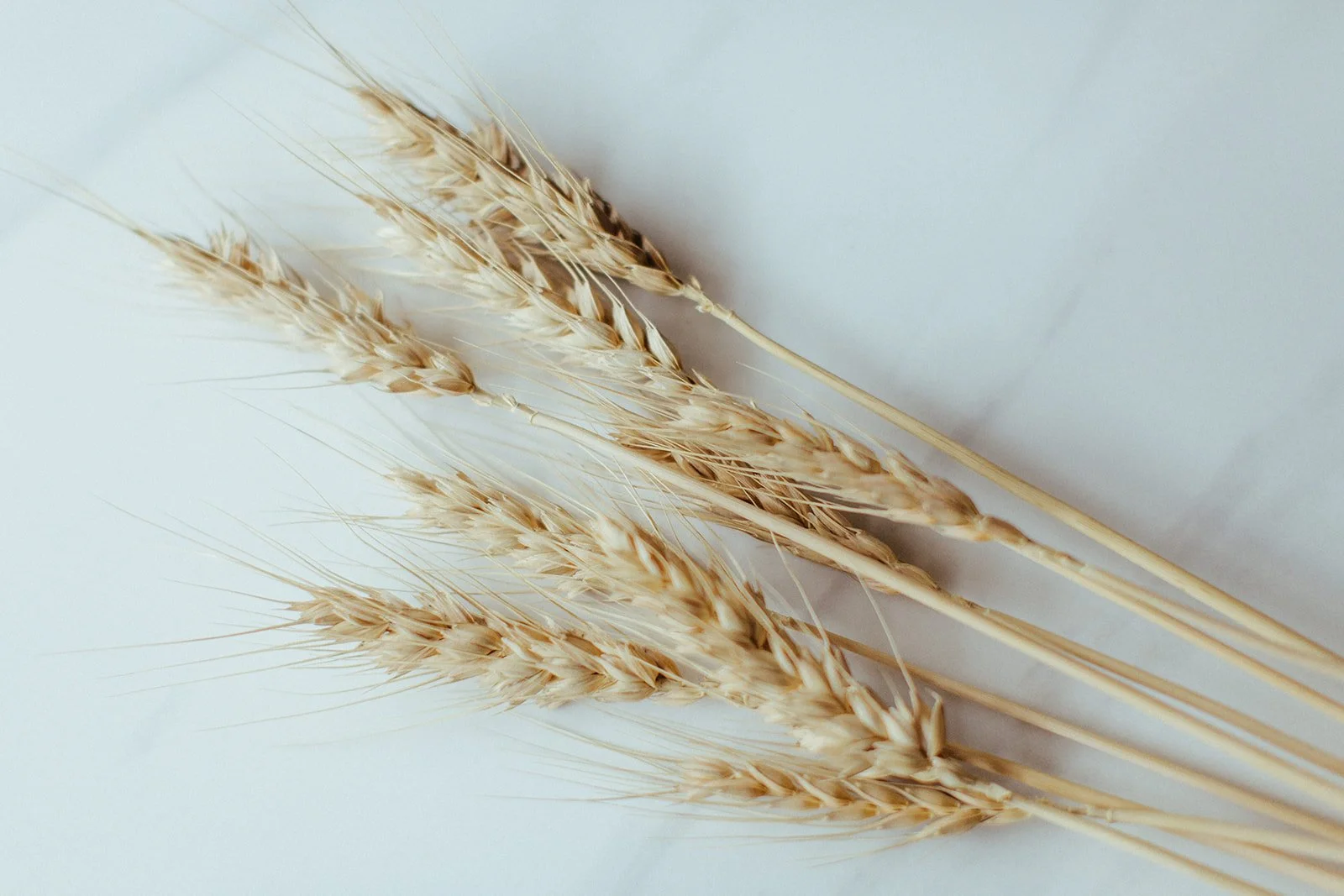What is the difference between a dietitian and nutritionist?
Everywhere we turn we are inundated with information about food and nutrition. Some of the most confusing information stares us in the face every time we shop, hello health star rating! Add in some buzz around the latest diet for ahem “lasting” weight loss and some hype around the lasted trending food ingredient and it’s no surprise that many of us are left scratching our heads.
While the above isn’t always the case when it comes to consuming health information, the reality is that many of the mediums through which we are feeding (sorry, I had to) on this information– social media influencers, television, Netflix documentaries (remember Gamechanger?), magazines, newspaper, Carol, your next door neighbour, are sometimes unfiltered, or supremely biased, rather than based on sound science.
This conundrum of separating fact from fiction can be even more challenging from those who suffer from a chronic disease or illness, for whom dietary modifications are an important part of their overall management.
So who do you turn to help you set the record straight? A nutritionist or dietitian? They’re both the same, right? Well.. in keeping with the theme of confusion, not quite!
Here’s what you should know before deciding who is the best fit for you.
How do you become a dietitian and what do they do?
The terms Accredited Practising Dietitian (APD) is a legally protected term. To use the title APD, a range of credentials outlined by the Dietitians Association of Australia must be met.
An APD has completed a minimum of 4 years tertiary education at a Masters or Honours level, involving substantial theoretical and supervised clinical training in a hospital, community and food service settings.
You’ll often find dietitians working in hospitals, private practice, nursing homes, and community settings. They are qualified to provide one on one dietary counselling and medical nutrition therapy, which is a fancy way of saying, they prescribe and tailor diets for the management of disease and illness such as cancer, diabetes, high cholesterol, coeliac disease, IBD and more.
Dietitians may also work in community and food industry roles developing products, educational programs/materials, or in policy development or advisory capacities for government agencies.
How do you become a nutritionist and what do they do?
Unlike an APD, the title and practice of a nutritionist does not fall under the scrutiny of a governing body or agency. Nutrition Australia do have a voluntary register for nutritionists who have completed a tertiary degree, so this is a great place to start out searing for a nutritionist.
A tertiary qualified nutritionist has undertaken 3 years of study covering subjects in biology, chemistry, physiology, food science, public health, and human nutrition. On qualifying, they are very well equipped to apply their knowledge of food and nutrition science to improve the health of populations or individuals.
The main distinction between nutrition and dietitian is that nutritionists are not qualified to prescribe diets or nutrition advice for the management of disease or illness. They can however, provide dietary advice for all stages of the lifespan to achieve optimal health through food. Think weight management, vegetarian/vegan diets.
Beyond one on one consulting, the roles in which nutritionists may work is many and varied.
Product development
Implementation of food policy and standards
Food/recipe analysis for small businesses, corporate food companies, or cafes
One on one
The bottom line:
All APD’s are able to provide all the services a nutritionist can but not vice versa. Who is the right fit for you will depend on your individual goals and needs. You may also wish to consider whether you will require a rebate from one to one sessions through Medicare, Private Health insurers or DVA as only dietitians are recognised providers.
LET'S CONNECT
Hannah Wilson is an Accredited Practicing Dietitian and Nutritionist based in Melbourne, Australia.
Graduating with a Masters in Nutrition and Dietetics from Wollongong University, Hannah has specialist skills in a range of clinical areas including surgical, and non-surgical weight loss, food intolerances and allergies, Irritable bowel syndrome, the low FODMAP diet, (MONASH accredited), chronic disease management and women's health conditions.








